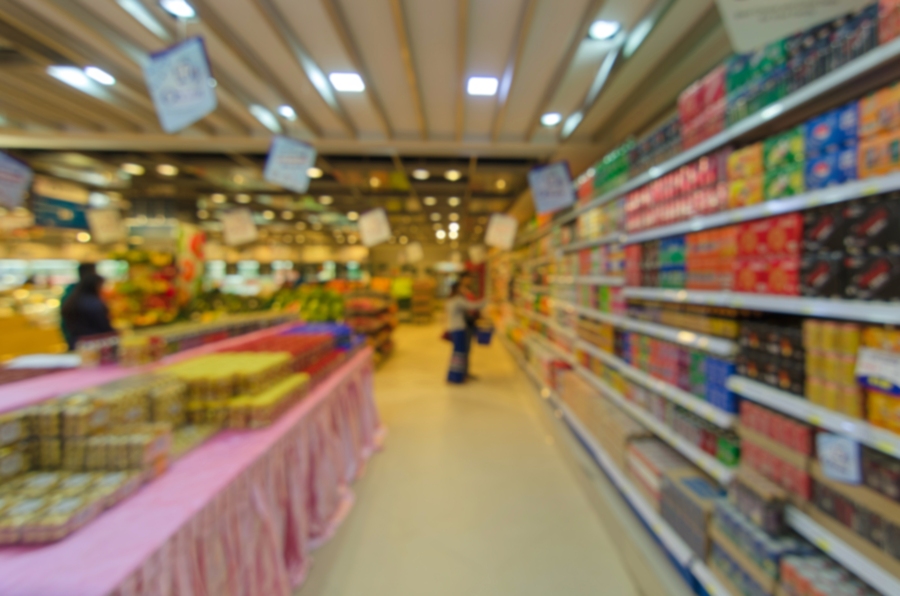(Note from Erin: My editor lives in a city built on the production of cereal and has heard this exact thing from the workers who are being laid off and losing their jobs, “…people aren’t buying cereal anymore.” And the fact that CEO’s and board members are profit hungry and historically inflexible doesn’t help, either.)
RELATED STORY:
The consumer staples sector is currently on track to have its worst year in a decade with General Mills, Campbell Soup, Hershey and Pepsi all failing to convince their investors that they have a plan that will best “navigate shoppers’ changing tastes.”1 (Clorox, Procter & Gamble, Kimberly- Clark, and Colgate-Palmolive are all also down around 20% this year.)
“On Friday, Campbell plunged 12%, its worst day since 1999, after CEO Denise Morrison abruptly retired. Campbell announced a review of its entire lineup, including soup, leaving the door open for breaking up the 149-year-old company.”2
https://www.youtube.com/watch?v=BuoxfeH3888
But this issue isn’t just theirs, it’s part of a bigger problem; large consumer goods brands lost market share to small competitors from 2011 to 2016 for the first time in 50 years while oil, freight, raw material, steel, and aluminum costs continued to rise.
RELATED STORY:
In the past, major brands had what seemed like a monopoly. And without a ton of competition, consumers paid what they were told to. Period. However, that old business model and pricing power has crumbled. With Walmart, Amazon, Target, and Kroger waging a price war that has spread to the rest of the retail and grocery industry, shoppers’ expectations of how much a box of cereal or a bar of soap costs, has changed. And not in their favor.
And, the growth of retailers’ cheaper private labels, dollar stores, and Aldi (who have many organic and GF options) have limited Big Food’s ability to raise prices.
“If suppliers don’t play ball on prices, Walmart can put products in the back of the store where shoppers can’t find them. Amazon can send them to the bottom of its search pages. Amazon, for example, is building out a stable of its own food and household essentials. It launched Wag, a dog food line, earlier this month.
Mass-produced brands are not the only game in town anymore. Scale is less important in the digital age when an entrepreneur with a new idea can reach a huge audience online through a viral ad on YouTube or Facebook.”3
Let’s not forget about the fact many shoppers now prefer natural and organic food and household care products, too.
RELATED STORY:
Even though some of the bigger companies are buying “sure things” (smaller, successful start-ups and organic brands, for instance) those acquisitions can raise corporate debt and hit profits. And especially at a time when interest rates are high.
It would be wonderful to see Big Food’s current hold on the world crumble and when it finally does, we’ll be there to report on it.












